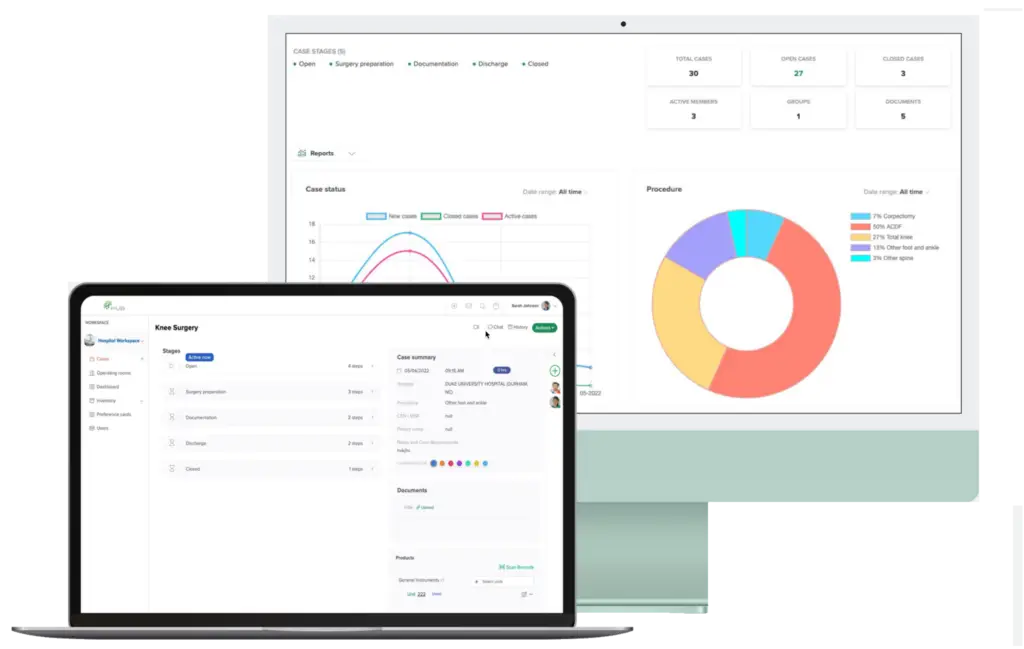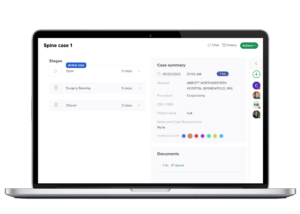Introduction
Navigating the complexities of a CMS audit can be challenging for any Ambulatory Surgery Center (ASC). These audits are critical for verifying compliance with healthcare regulations and ensuring the provision of quality care. Being proactive is the key to managing CMS audits effectively. This guide outlines a strategic approach to prepare for, navigate, and respond to CMS audits.
Understanding CMS Audits
CMS audits are systematic reviews conducted to assess an ASC’s compliance with federal health care program requirements. They examine various aspects, including billing practices, patient care quality, and adherence to CMS policies and procedures.

Preparing for a CMS Audit
Preparation is the first line of defense when it comes to CMS audits. Here’s how you can prepare:
- Stay Informed: Keep up-to-date with CMS regulations and changes in healthcare laws.
- Maintain Documentation: Ensure all documentation is accurate and easily accessible.
- Conduct Self-Audits: Regularly perform self-audits to identify and correct compliance issues.
- Educate Your Team: Train staff on CMS compliance and the importance of accurate record-keeping.
- Implement Compliance Programs: Establish a comprehensive compliance program that includes risk assessment, monitoring, and corrective action plans.
During the Audit
When the audit is underway, it’s essential to maintain organization and transparency:
- Designate an Audit Team: Assign a dedicated team to interact with auditors and provide requested information.
- Be Cooperative: Foster a cooperative atmosphere with the audit team, understanding that they are performing their job.
- Ask Questions: If an auditor’s request is unclear, don’t hesitate to ask for clarification.
Post-Audit: Responding to Findings
Once the audit is complete, and you’ve received the findings:
- Review the Results: Carefully review the audit results to understand any areas of non-compliance.
- Develop a Plan of Correction: Create a detailed action plan to correct deficiencies.
- Implement Changes: Make the necessary changes promptly.
- Monitor and Document: Continuously monitor the effectiveness of corrective actions and document any improvements.
The Role of Technology in Audit Management
Leveraging technology can significantly streamline the audit process. Discover how our software streamlines audit management, offering features like real-time data tracking, compliance alerts, and reporting tools.
Conclusion
Managing CMS audits doesn’t have to be a source of stress. With a proactive strategy, the right tools, and a commitment to compliance, ASCs can navigate audits smoothly and effectively. For a comprehensive look at audit procedures and expectations, refer to the CMS Audit Guide.
Remember, an audit is an opportunity to improve your operations and enhance the quality of care you provide. By embracing the audit process, ASCs can demonstrate their commitment to compliance and patient care excellence.
What Is HUB Healthcare?
HUB Healthcare offers a comprehensive solution designed to enhance communication in healthcare, streamline care coordination, and improve overall workflow efficiency. Our platform includes features such as medical case management software, healthcare document management, and healthcare analytics to ensure that all aspects of patient care are optimized. By leveraging HUB Healthcare’s robust tools, organizations can reduce workflow bottlenecks, automate repetitive tasks, and facilitate better collaboration among healthcare providers. This not only improves work quality but also enhances patient outcomes, making HUB Healthcare an essential partner in achieving healthcare excellence.






